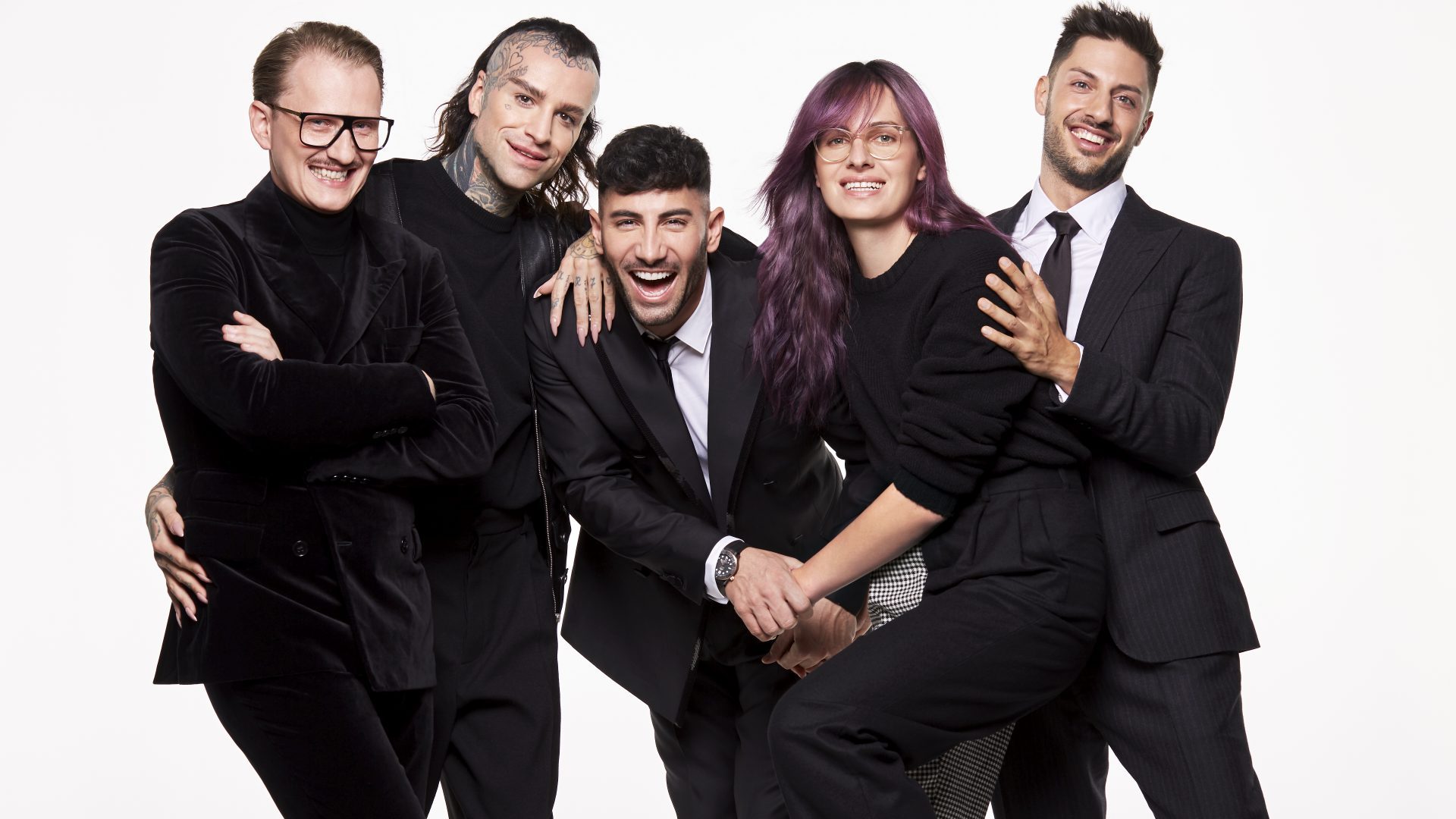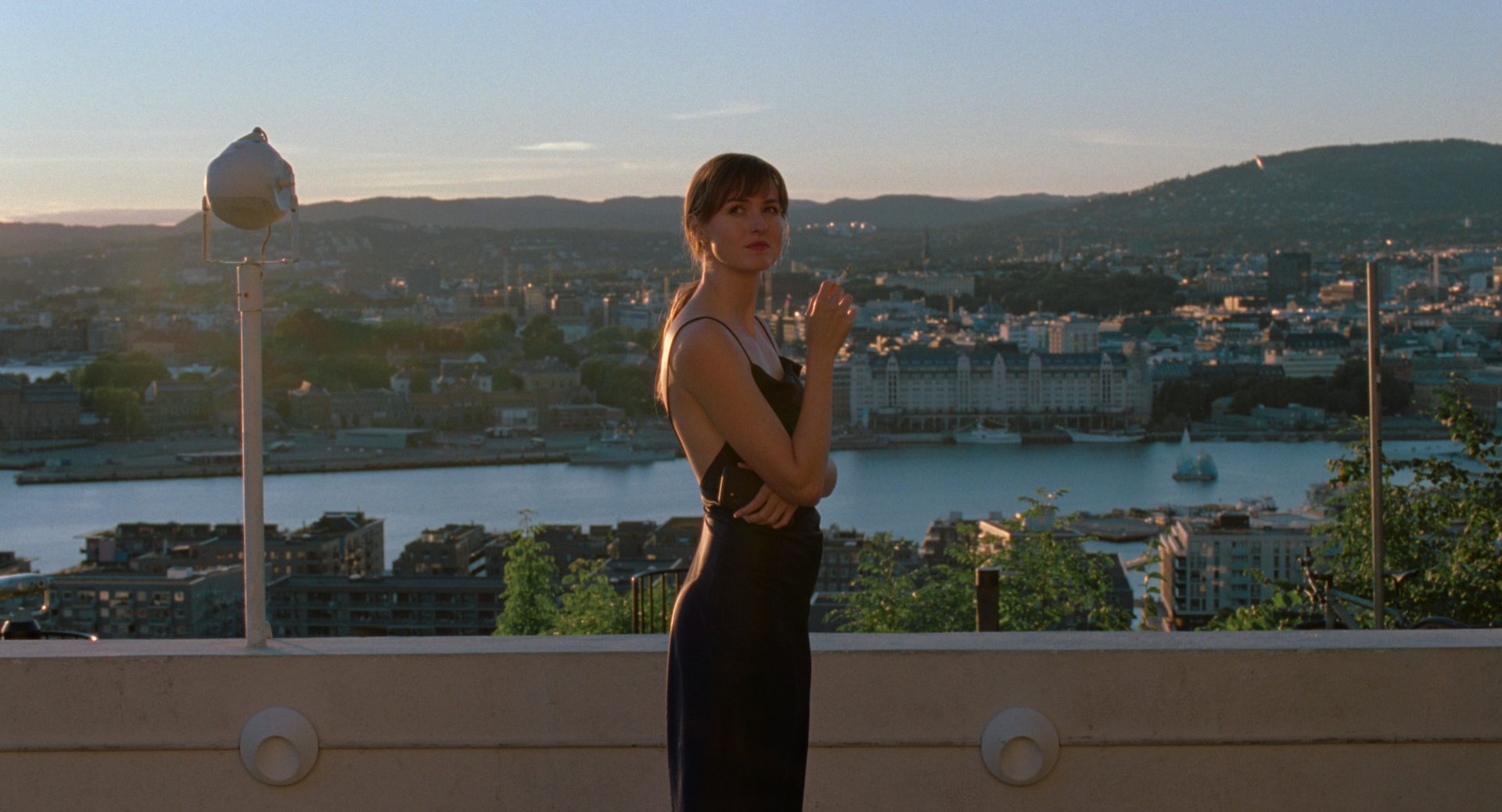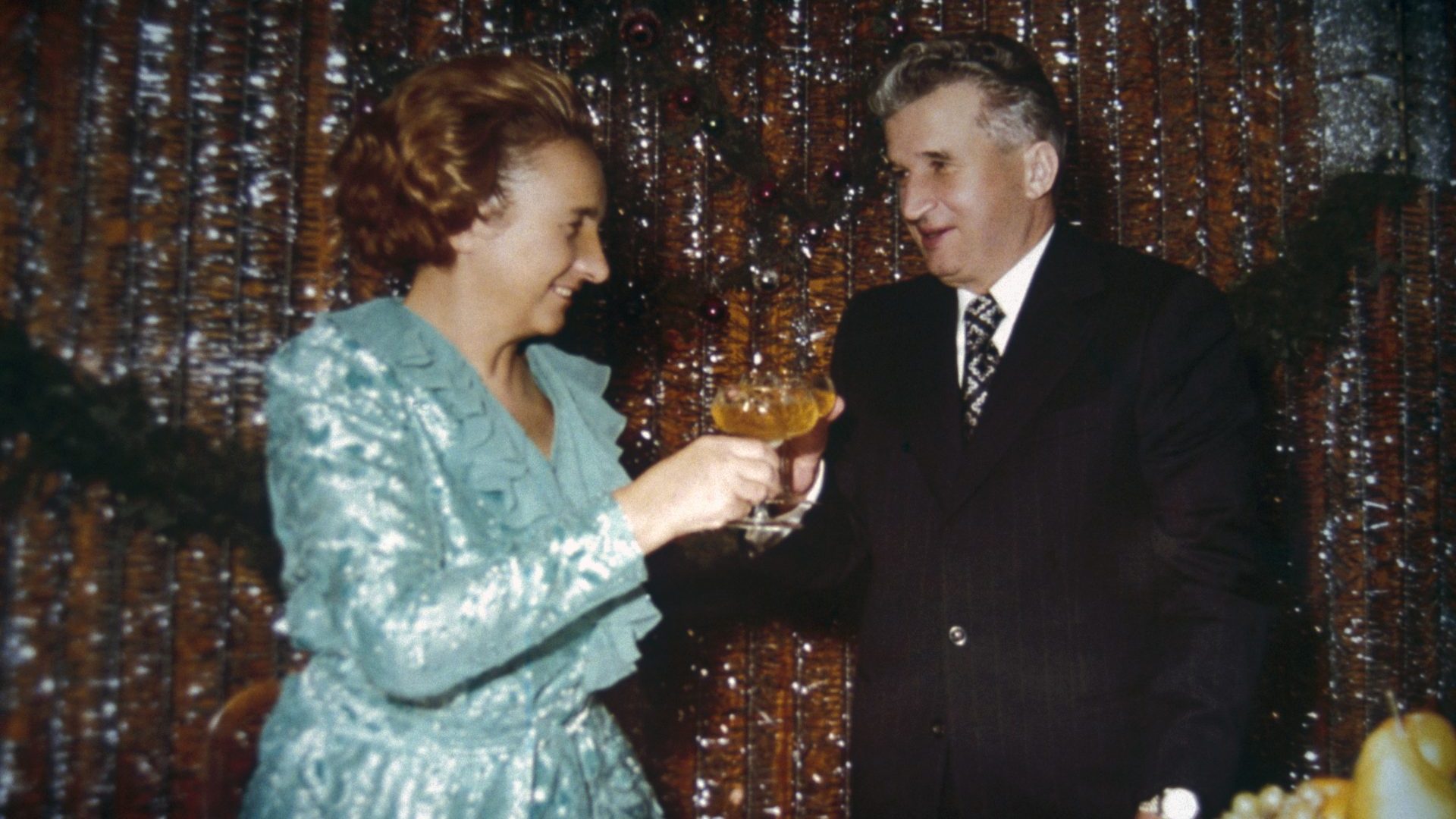It probably says something about me and the amazingly Americentric culture I inhabit that I was somehow momentarily surprised by the new
German iteration of Queer Eye being in German. “Of course it is,” I thought to myself right away, “What else were you expecting?”
In truth I was expecting the American Fab Five to be deemed so beloved that they would be wheeled out in every new territory, but it’s a wonderful thing that they haven’t. So much of what is good here is blessedly specific and localised. By allowing this shift, Queer Eye Germany has come up with something which to my mind exceeds the limitations of its glossier origin point.
An instant international hit, Queer Eye has not only been a coup for Netflix, but also launched its stars as feted, cult-status celebrities. Most women I know foster a crush on Jonathan Van Ness, the non-binary beam of sunshine tasked with updating hair and beauty.
The show is itself a reboot, the original having been five gay guys who pep up a straight man’s boring life. But the strict gender binary felt outdated by the time of the reboot, and now the only required premise is that the Fab Five are helping someone who has got lost along the way and needs help with a major life reset.
Is the show good? It’s… efficient. Often the subjects are so affecting that one’s opinions on the rest of the production surrounding them don’t really matter. They are people who have been worn down either by loss and tragedy or just the mundane drudgery of ordinary life. There are often people who take on inordinate responsibility for those around them and don’t take care of themselves as a result, and there are older people who have lost a spouse and don’t know how to proceed in the world.
They are deserving of this uplifting intervention, and their stories and spirits are moving. At the same time, this uplifting business is so directed and neatly packaged that at times the swell in your throat comes with a bit of indignation. Yes, you’re moved, but you’re so aware of all the machinations that it’s hard to feel sincere.
Not so with Queer Eye Germany. For one thing, it looks cheaper and more like a world I can recognise. Even the colour grading makes a difference – fewer technicolour cornfields and small-town high streets bursting with vividity, more grey-ish motorways and suburbs with scrubby yards. This logic also holds true for the people involved.
Many American people don’t find it essentially unnatural to be on television. They tend to be more open and willing to engage with invasive questions. This is, when you think about it, not the most normal response to having your life swiftly dissected for entertainment purposes.
In Queer Eye Germany, the participants mostly have a more understandable reaction, which is to find it difficult at first. They are more nervous, but no less candid – their suffering and endurance, when it is revealed, take on a different quality, one that allows me to feel moved without the sneaking ghost imprint of artifice that haunts the original.
The Fab Fünf are David, who does hair and beauty and has the Jonathan Van Ness It factor in spades, Ayan in charge of interiors and who is of Turkish descent (meaningfully, in the German context – he says he had never seen a queer Turkish man growing up). There is Leni, a kind, non-binary person who helps with life advice and social and relationship skills, the charming dandy Jan-Henrik looking after wardrobe, and Aljosha, a former doctor turned health consultant.
For me, the articulation of why this series works so well came in the very first episode.
Single father Bjorn lives with his 11-year-old son in a house decorated with excessive sports paraphernalia. He adores his child but suffers from an amazingly visible lack of confidence. His shoulders slope down, his face shut, unable to make eye contact. This alone is fairly heartbreaking to see, the sweet good man struck dumb by the sense of his own inadequacy and his urge to find a new partner.
Once Bjorn has begun to open up, they have him repeat affirmations to improve his confidence. “I am an excellent and caring father,” is one of them, but when he tries to repeat it he is silent, before breaking down. The words mean too much to him, he is incapable of saying them or believing they could be true.
At the end, the Fab Fünf ask his son what his favourite part was. He says, “To see my dad happy”, and turns, in tears, to hold his father. This is something really quite remarkable, worth any hang-ups about schmaltz – to facilitate two people who love each other more than life itself but who can’t speak it aloud overcome the silence, to acknowledge the painful devotion they share for one another.




